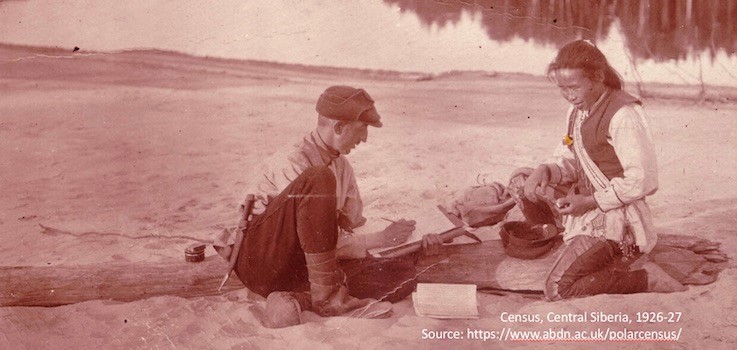Part 2 | Session 5 | 16 May 2024 | Eight Answers to the Question if Ethnographic Research in Asian Russia Has Fared Well or Got Shipwrecked with Colonial/Decolonial Ambitions (1724-2024)
Previous speakers in this lecture series have addressed multiple aspects of the legacies and ongoing dynamics of colonialism and anthropology, and ways towards decolonising the discipline. Understandably, this debate has mainly drawn on “overseas” entanglements and interactions between Global South and Global North. However, colonial and decolonial perspectives from what some have called “the North beyond the Global North” can offer some unexpected views and bring lesser-known voices into this debate.
Sketching out eight short episodes from the early 18th century to the present, this presentation will show how the past and present of ethnographic research and anthropological theory cannot be separated from colonial, imperial, and geopolitical ambitions; nor can it be separated from large-scale social engineering. Simultaneously, this lecture will exemplify how anthropology in and about Siberia has been a platform for counter-discourses, political emancipation, and critique against state policies. These ambivalences have induced some colleagues to ask about similarities and distinctions between postsocialist and postcolonial scholarship. Moreover, in the light of historical “openings” and “closures” of transnational Indigenous ties and academic partnership, it is relevant to ask what the future of anthropology and activism may look like in Siberia in times of heightened geopolitical tension.

Many ethnographers in Siberia in the 1920s were involved in census taking, thereby making Indigenous groups “legible” to the Soviet state. This photo was taken at the occasion of a census taker interviewing a member of an Indigenous household at River Sym. Source: https://www.abdn.ac.uk/polarcensus/
Suggested readings:
Cervinkova, Hana 2012. Postcolonialism, postsocialism and the anthropology of east-central Europe. Journal of Postcolonial Writing, 48 (2): 155-163. DOI: 10.1080/17449855.2012.658246
Melnikova, Ekaterina, and Zinaida Vasilyeva (eds) 2022. Academia Across the Borders. Fürstenberg/Havel: Kulturstiftung Sibirien / SEC Publications. ISBN 978-3-942883-40-5. https://bolt-dev.dh-north.org/files/dhn-pdf/academia-w.pdf
J. Otto Habeck is professor at Universität Hamburg. His lectures and seminars comprise Political Anthropology and History of Anthropology. Earlier (2003-2014) Habeck was coordinator of the Siberian Studies Centre at the Max Planck Institute for Social Anthropology. His research interests range from mobile pastoralism in The Arctic and Subarctic under conditions of climate change to intersecting notions of gender and kultura in Siberia and generally Russia. He is editor of Lifestyle in Siberia and the Russian North (2019, OpenBook Publishers). Over the last five years, he has cooperated in research initiatives with colleagues i.a. in Poland, Finland, Mongolia, and Japan.



























